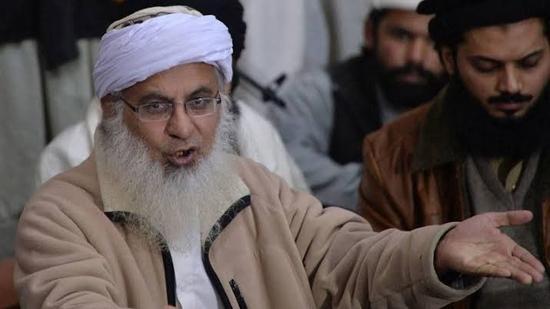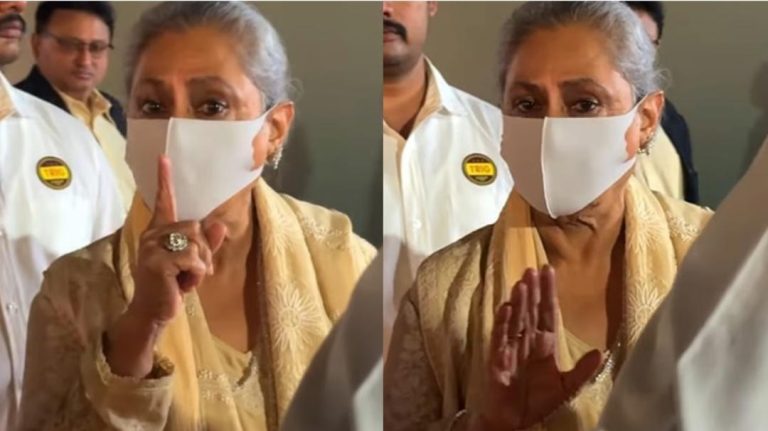
Pak bombs its people: Islamabad cleric amid India war possibility
In a shocking statement, a cleric from a mosque in Islamabad, Abdul Aziz Ghazi, has accused the Pakistani government of bombing its own citizens, citing alleged atrocities committed by the state in Balochistan and Khyber Pakhtunkhwa. The cleric’s remarks have sparked widespread outrage and controversy, with many questioning the legitimacy of his claims and the implications of his statements on the already tense relations between Pakistan and India.
As reported by Hindustan Times, Ghazi, the cleric of the Lal Masjid in Islamabad, made the incendiary comments during a Friday sermon, sparking widespread shock and disbelief. “The system in Pakistan is…one of disbelief…worse than that of India,” he said, adding that war with India wouldn’t be an Islamic war.
The Lal Masjid, also known as the Red Mosque, has a reputation for being a hub of radical Islamist activity, and Abdul Aziz Ghazi has been known for his controversial views on various issues, including politics, religion, and social issues. However, his latest remarks have taken his criticism of the Pakistani government to a new level, with many questioning the extent to which he is willing to go in his criticism of the authorities.
Ghazi’s comments are particularly significant in the current political climate, as tensions between Pakistan and India remain at an all-time high following a series of military skirmishes along the Line of Control (LoC) in Kashmir. The situation has been exacerbated by a series of cross-border raids and artillery exchanges, which have left both sides on high alert.
The cleric’s criticism of the Pakistani government’s handling of the situation in Balochistan and Khyber Pakhtunkhwa is also noteworthy, given the long-standing allegations of human rights abuses and military repression in these regions. The Pakistani military has been accused of deploying troops to these regions to quell separatist movements and curb militancy, with critics alleging that the military has engaged in widespread human rights abuses, including extrajudicial killings, enforced disappearances, and torture.
Ghazi’s comments are likely to be seen as a direct challenge to the Pakistani government, which has traditionally been resistant to criticism and scrutiny from religious leaders. The cleric’s accusations of military atrocities in Balochistan and Khyber Pakhtunkhwa are likely to resonate with many in Pakistan who have long been critical of the government’s handling of these regions.
However, it is also worth noting that Ghazi’s comments are likely to be seen as provocative and inflammatory by many in Pakistan, particularly those who support the military and the government. The cleric’s criticism of the Pakistani system and his suggestion that the country is not an Islamic one is likely to be seen as an attack on the very fabric of Pakistani society and identity.
In conclusion, Abdul Aziz Ghazi’s comments are a stark reminder of the deep-seated divisions and tensions that exist within Pakistan, and the need for greater dialogue and understanding between different groups and factions. While the cleric’s criticism of the Pakistani government is likely to be seen as a call to action by many, it is also important to recognize the potential risks and consequences of his words, particularly in the current political climate.






